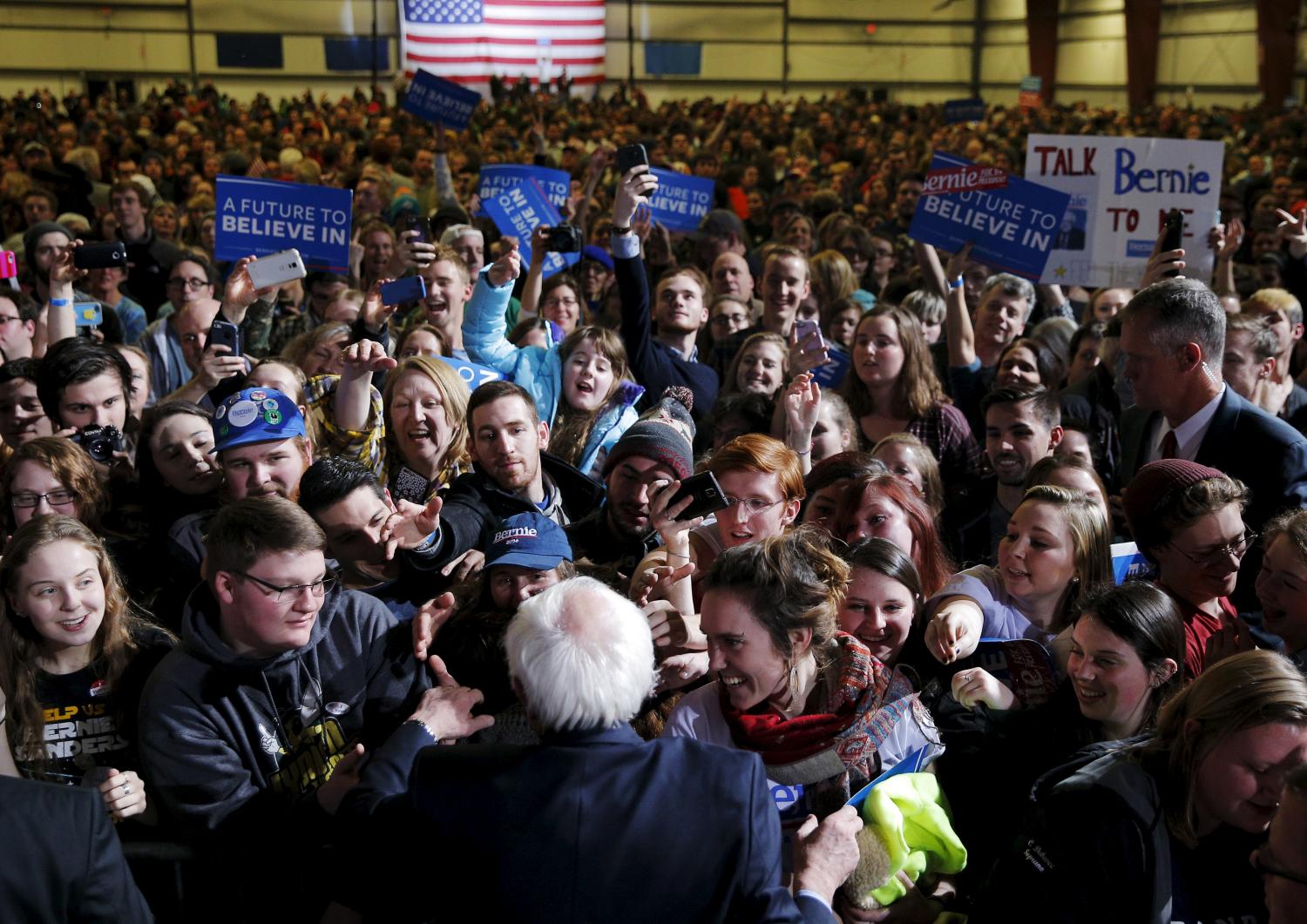State political parties, often dwarfed in an age rife with super PACs and outsized campaigns, have remained a remarkably resilient force in American politics, retaining their own priorities, infrastructures, and mindsets. By providing a buffer against highly-motivated and ideologically-extreme minorities of the sort that are polarizing and fragmenting American politics, state parties provide important indirect benefits to society, and their deterioration is reason for concern.
In a new paper detailing the challenges facing state parties, co-authors Jonathan Rauch and Raymond J. La Raja surveyed 56 Democratic and Republican state parties and conducted interviews with 15 state-party leaders. To gauge how state parties have changed, the authors compare their results to those of earlier surveys, and review years of financial data. The resulting report is the most extensive collection of data and information available on state parties’ activities, spending, and goals.
Key findings include:
- Relative to the political competition, state parties are losing ground (even if their absolute resources have remained stable).
- Well-meaning laws and policies impose disadvantages on state parties; restrictions intended to constrain state parties’ activities and fundraising do exactly that, with the perverse effect of weakening the parties and strengthening unaccountable outside groups.
- Outside groups have less influence in states where party committees have more freedom to raise money.
- Much can be done to strengthen state parties by raising or eliminating limits on contributions to state parties, eliminating restrictions on state parties’ ability to coordinate activities with candidates, narrowing overbroad federal regulation, and pruning other rules. Making contributions to state parties tax-deductible also deserves consideration.
“State parties provide important benefits to the political system as a whole,” argue Rauch and La Raja, “and they retain untapped potential to reduce long-term polarization and extremism by balancing the influence of purist groups.”





